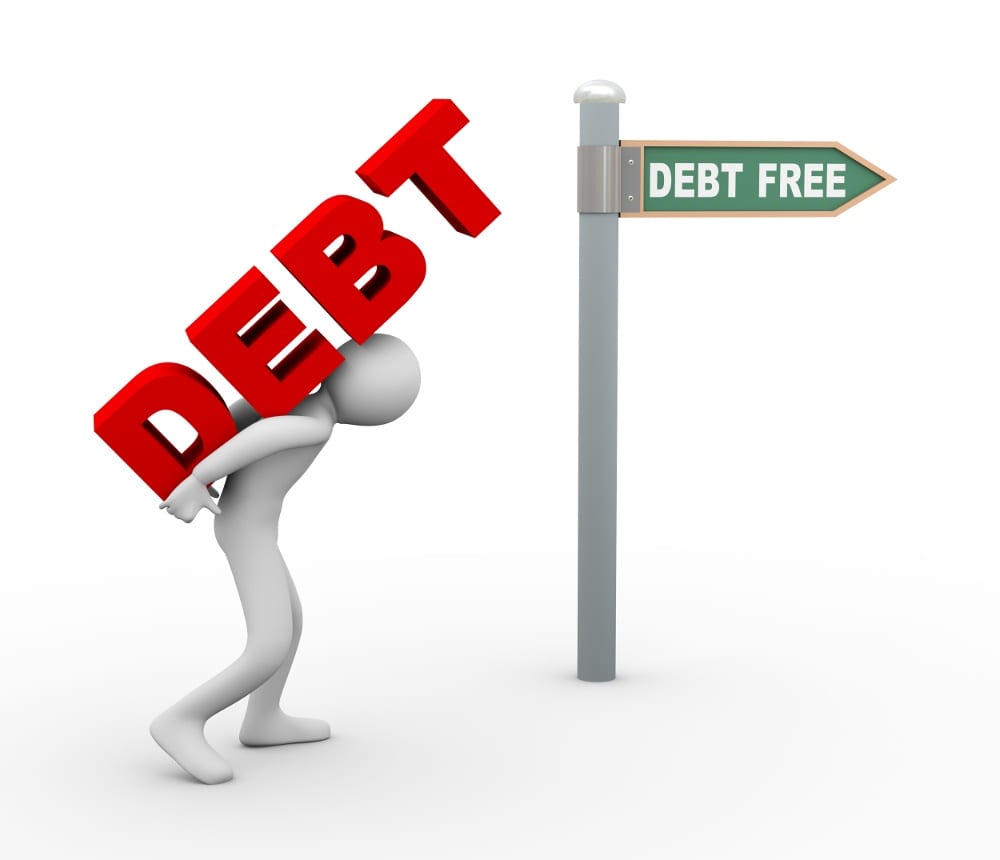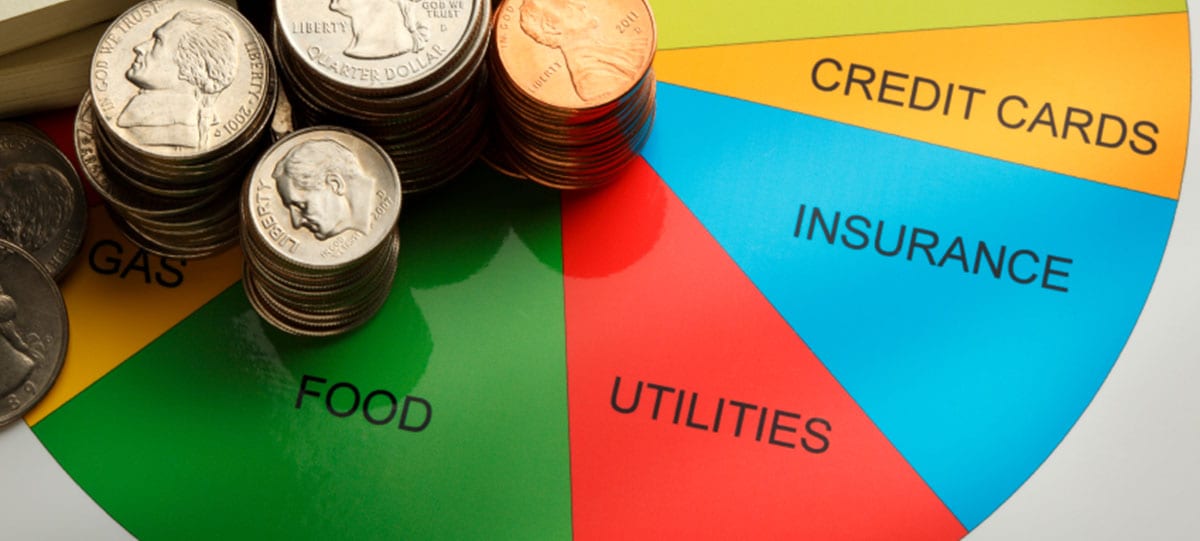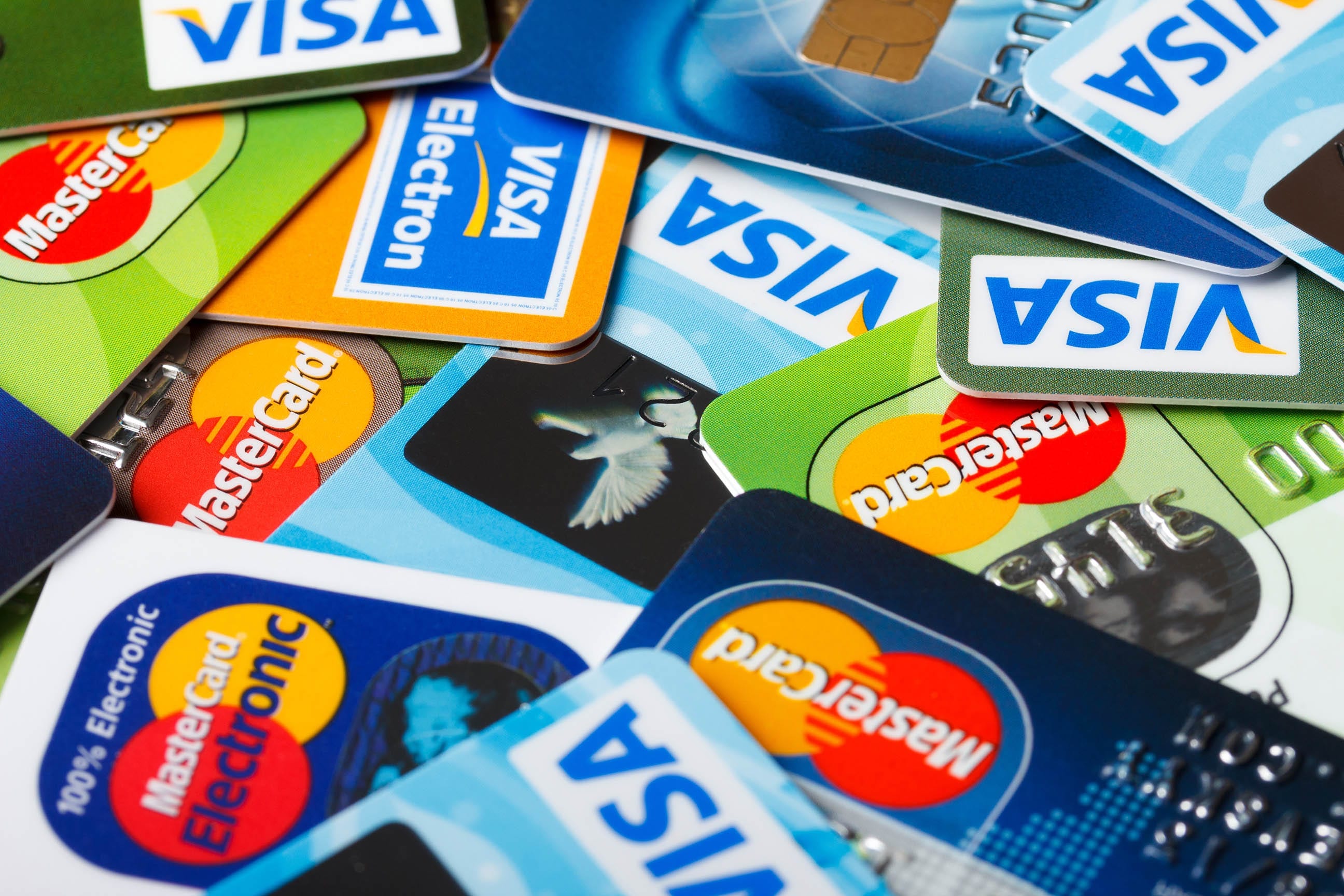Are you flooded with bills, mailbox overcrowded, sick of taking phone calls from debt collectors, people knocking at your door at ungodly hours wanting their money, your belongings at the brink of being repossessed, losing your house the list goes on?
Yes, it is one of those things that we all dread, the fear of losing your belongings that you have worked so hard for and to see them gone just like that. It takes months or years to pay something off and yet it only takes a few minutes to have someone come along and take your pride and joy possessions. Looking for an alternative option to get your-self out of debt, and gain back what you have lost or going to lose. Than consolidate your debts today and become debt free with no more stress, start answering your phone today rather than running away from it.
Debt consolidation can help you overcome your personal finance debts and compile them into one payment in which you can make weekly, fortnightly or monthly depending on your circumstances rather than making single payments to all your bills. There is also free budgeting-advice services that help you take control of your finances and re-arrange them so that it suits your living expenses and enables you to spend your money wisely and manage your bills in a way that it’s consistent enough to keep your debt collectors happy.
Be smart and think smarter, get out of debt today. There is no need to take on the extra burden of being or feeling in debt and thinking that there is no way out. Help is there for anyone who needs it, it’s just the case of reaching out. Check out these links and gain your financial freedom, anything is possible.








